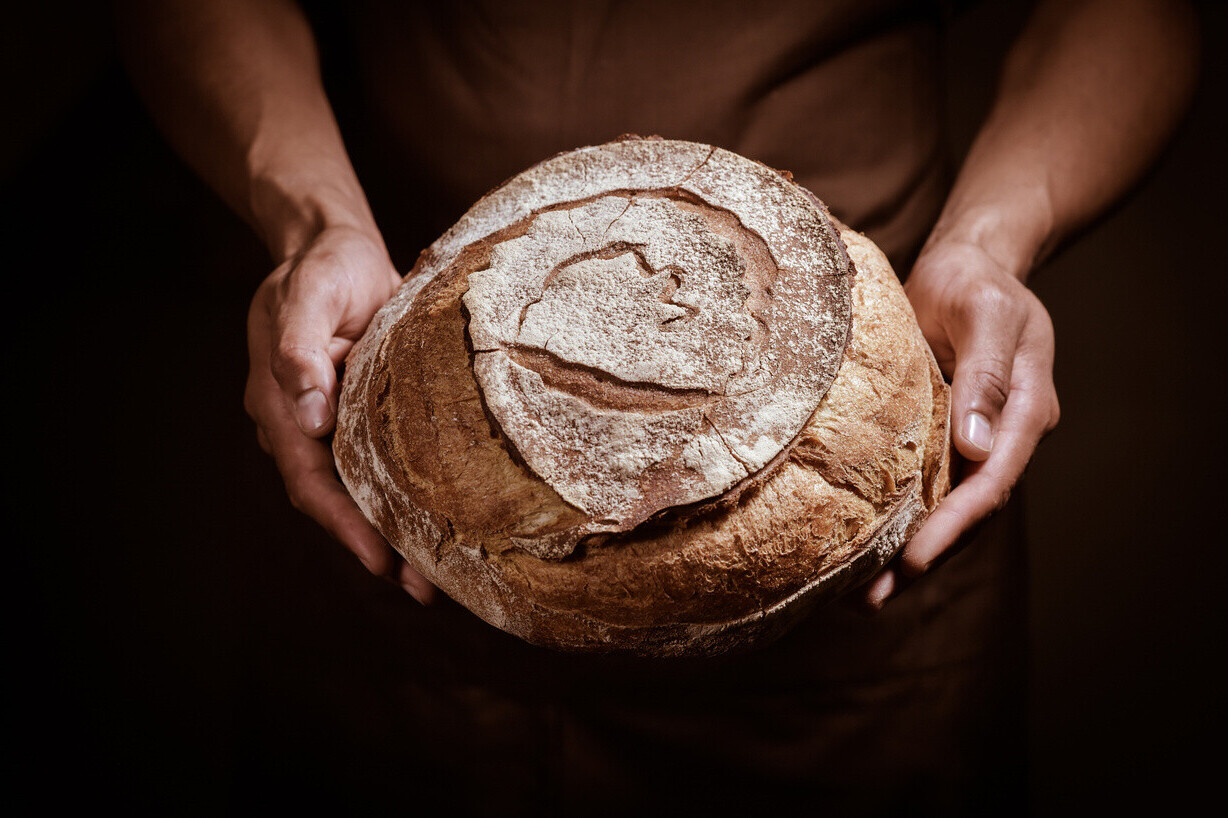
What makes artisanal foods special? Artisanal foods are crafted with care, using traditional methods passed down through generations. These foods often come from small-scale producers who prioritize quality over quantity. Ingredients are usually locally sourced, ensuring freshness and supporting local economies. Artisans take pride in their work, often hand-making each product, which results in unique flavors and textures. Unlike mass-produced items, artisanal foods often have fewer preservatives and additives, making them a healthier choice. Sustainability is another key factor, as many artisans focus on eco-friendly practices. Whether it's cheese, bread, or chocolate, artisanal foods offer a taste experience that's hard to match.
Key Takeaways:
- Artisanal foods are handcrafted with care, using natural ingredients and traditional methods. They offer superior taste, support local economies, and prioritize sustainability.
- Look for small batch production, natural ingredients, and transparency to identify authentic artisanal foods. The future of artisanal foods is bright, with continual innovation and a focus on quality and sustainability.
What Are Artisanal Foods?
Artisanal foods are crafted using traditional methods, often by hand, and emphasize quality over quantity. These foods are usually made in small batches, ensuring each product is unique and rich in flavor.
-
Handcrafted Quality: Artisanal foods are typically made by skilled artisans who use their hands and traditional techniques rather than machines.
-
Small Batches: These foods are often produced in limited quantities, which helps maintain high standards and unique flavors.
-
Natural Ingredients: Artisanal foods usually contain natural, locally-sourced ingredients, avoiding artificial additives and preservatives.
-
Cultural Heritage: Many artisanal foods are rooted in cultural traditions, preserving recipes and methods passed down through generations.
Types of Artisanal Foods
From cheese to chocolate, artisanal foods span a wide range of categories. Each type offers its own unique taste and experience.
-
Cheese: Artisanal cheese is often aged and crafted using traditional methods, resulting in complex flavors and textures.
-
Bread: Hand-kneaded and slow-fermented, artisanal bread boasts a rich, deep flavor and a satisfying crust.
-
Chocolate: Made from high-quality cocoa beans, artisanal chocolate is often single-origin and crafted to highlight the bean's natural flavors.
-
Coffee: Artisanal coffee involves carefully selected beans, precise roasting, and meticulous brewing techniques.
Benefits of Artisanal Foods
Choosing artisanal foods can offer several benefits, from better taste to supporting local economies.
-
Superior Taste: The focus on quality ingredients and traditional methods often results in a richer, more complex flavor profile.
-
Healthier Options: With fewer additives and preservatives, artisanal foods can be a healthier choice.
-
Supporting Local Economies: Purchasing artisanal foods often means supporting local farmers, artisans, and small businesses.
-
Environmental Impact: Many artisanal producers prioritize sustainable practices, reducing their environmental footprint.
Artisanal Food Trends
The popularity of artisanal foods has led to several trends in the food industry, reflecting changing consumer preferences.
-
Farm-to-Table: This trend emphasizes sourcing ingredients directly from local farms, ensuring freshness and supporting local agriculture.
-
Organic Ingredients: Many artisanal producers use organic ingredients, appealing to health-conscious consumers.
-
Ethical Sourcing: Artisanal food makers often prioritize fair trade and ethically sourced ingredients.
-
Customization: Some artisanal producers offer customizable options, allowing consumers to tailor products to their tastes.
Challenges in Artisanal Food Production
Despite their benefits, artisanal foods come with their own set of challenges that producers must navigate.
-
High Costs: The use of high-quality ingredients and traditional methods can make artisanal foods more expensive to produce.
-
Limited Distribution: Small batch production often means limited availability, making it harder for consumers to find these products.
-
Labor-Intensive: Crafting artisanal foods by hand requires significant time and effort, which can limit production capacity.
-
Regulatory Hurdles: Artisanal producers must navigate complex food safety regulations, which can be challenging for small businesses.
How to Identify Authentic Artisanal Foods
With the rise in popularity, it's important to know how to spot genuine artisanal foods among mass-produced imitations.
-
Labeling: Look for labels that specify small batch production, natural ingredients, and traditional methods.
-
Local Markets: Farmers' markets and specialty food stores are often good places to find authentic artisanal products.
-
Transparency: Genuine artisanal producers are usually transparent about their sourcing and production methods.
-
Taste and Texture: Authentic artisanal foods often have a distinct taste and texture that sets them apart from mass-produced items.
The Future of Artisanal Foods
As consumer interest in quality and sustainability grows, the future looks bright for artisanal foods.
- Innovation: Artisanal producers are continually innovating, experimenting with new flavors and techniques while staying true to traditional methods.
The Final Bite
Artisanal foods offer a unique blend of tradition, quality, and flavor. These handcrafted delights, made with care and passion, stand out in a world dominated by mass production. From cheese and bread to chocolates and preserves, each product tells a story of its maker's dedication. Supporting local artisans not only brings exceptional taste to your table but also helps sustain small businesses and communities. Next time you're at a market or specialty store, give artisanal foods a try. You'll likely discover new favorites and appreciate the craftsmanship behind each bite. Remember, choosing artisanal means valuing quality over quantity and savoring the rich flavors that come from time-honored methods. Enjoy the journey of taste and tradition that artisanal foods bring into your life.
Frequently Asked Questions
Was this page helpful?
Our commitment to delivering trustworthy and engaging content is at the heart of what we do. Each fact on our site is contributed by real users like you, bringing a wealth of diverse insights and information. To ensure the highest standards of accuracy and reliability, our dedicated editors meticulously review each submission. This process guarantees that the facts we share are not only fascinating but also credible. Trust in our commitment to quality and authenticity as you explore and learn with us.
